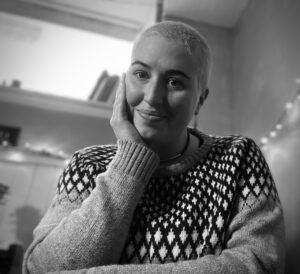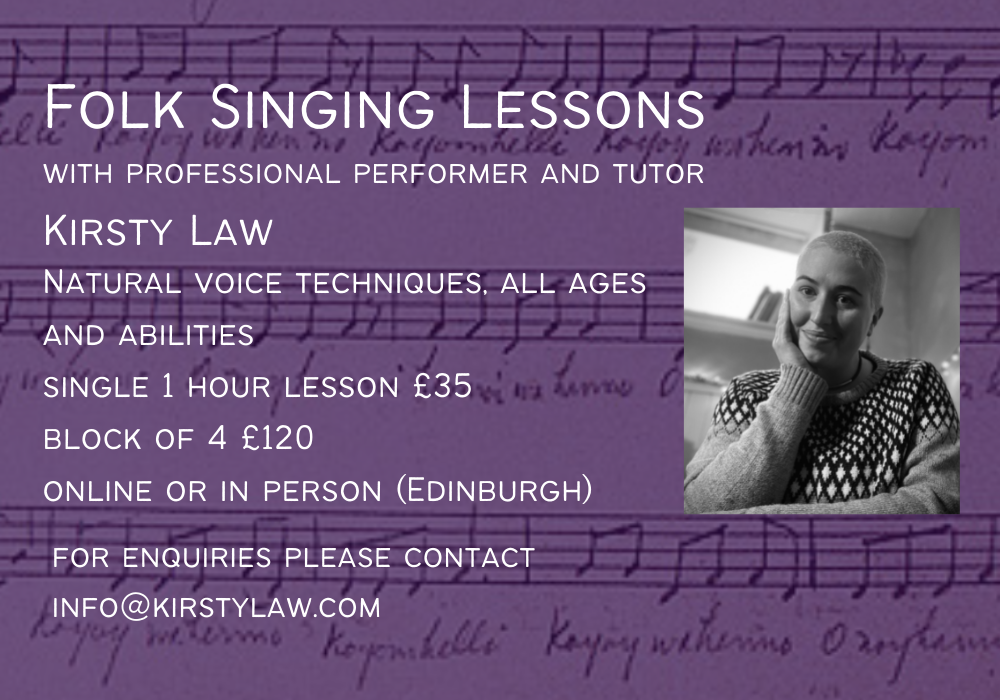 Learning and teaching folk songs can take us to some emotional places. A recent student of mine – one I teach remotely online – has started these singing lessons for the first time, in his retirement. In doing so, he is also connecting with his roots; with family lost, and the lives they lead. He has done this by learning songs from the mining communities from where they came – particularly the song ‘The Blantyre Explosion’, a song about a mining disaster he has worked out must have happened when his father was just a baby in the same village.
Learning and teaching folk songs can take us to some emotional places. A recent student of mine – one I teach remotely online – has started these singing lessons for the first time, in his retirement. In doing so, he is also connecting with his roots; with family lost, and the lives they lead. He has done this by learning songs from the mining communities from where they came – particularly the song ‘The Blantyre Explosion’, a song about a mining disaster he has worked out must have happened when his father was just a baby in the same village.
Hearing his emotional connection to these songs we have been working on together illustrates something I passionately believe in – that we are all entitled to the folk traditions around us, in any way we feel that connection. Finding that connection to this material is not always as clear cut as my recent student however. Sometimes there are things that get in the way.
Finding our own voice to sing in a manner that feels authentic to ourselves has to be one of the most elusively difficult things to do. For most of us anyway. That is because most of our mainstream singing culture today doesn’t necessarily identify with our own accents, sensibiities or even natural turns of phrase, especially when comparing ourselves to the huge amount of American media we are exposed to on a daily basis.
In my own teaching, I explore natural voice techniques with my students. Sometimes this can mean sitting down and examining how they pronounce words when spoken, identifying their natural lilt, burr or drawl. I try to help them build an appreciation for this, before translating these obervations into the singing of the song we have in hand. Of course, I also keep them on track with basic voice care and fundamental techniques – but these are all applied in the context of their unquie voices.
How it feels to see and hear a student finally stand tall and use their whole body to project a song they love and connect with is a glorious thing.
Of course, it’s not just rewarding for me – the positive affects of singing on mental health are well-documented. But I believe with folk singing, this goes one step further. To sing a folk song in your own natural voice, unaccompanied to one person at a kitchen table is to sing it at the height of its power. And for the singer to be at the height of their power. No pale imitation of a stage version, no ‘it’s supposed to have the full band’ caveats.
To sing a song with which one has an intimate sense of identity, from a tradition that is treated with reverence makes for honest, heartfelt and moving performances.
Afterall, ‘the sang’s the thing’.
Kirsty Law is a performer, songwriter and singing tutor based in Edinburgh. She teaches workshops with various organisations as well as offering 1:1 tuition either online or from her studio in north Edinburgh
info@kirstylaw.com
